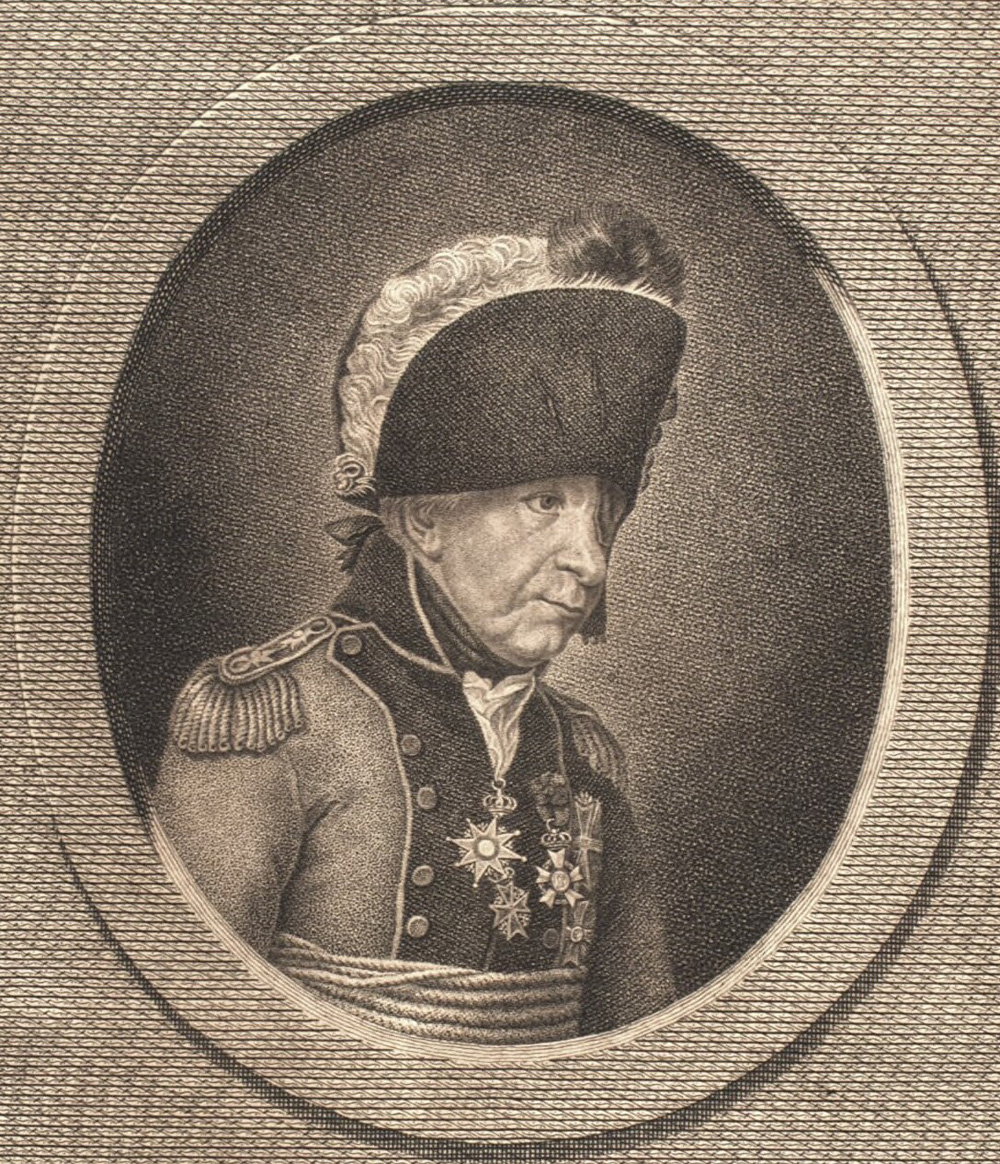5. The Revolutionary War Creates Demand
What’s growing here? Oats
By the time Revolutionary War arrived in New Jersey, the colony had already established itself as an agricultural center. Given its strategic location between major colonial metropolises, New Jersey saw more clashes during the war than any other colony. With thousands of hungry soldiers amassing on both sides of the conflict, New Jersey’s agricultural products were suddenly in high demand.
The hungry consumer to which farmers would market their crops, however, became highly political. When farmers did produce excess, they faced a difficult decision: support the cause for independence, and sell produce and livestock to the Continental Army for devalued paper currency, or sell produce and livestock at a higher price to the British Army for gold and silver?
In fact, farmers were lucky if the armies paid at all. The British and American armies would often raid farms in New Jersey, called “foraging,” confiscating valuable grains, lumber, and livestock for army use. The British Army distributed a pamphlet to farmers just south of here, listing supplies they needed with the prices they were willing to pay for them. But they only thinly veiled the threat, “It is to be hoped that the Inhabitants will cheerfully furnish the supplies in order to prevent the disagreeable alternative of having them seized by foraging parties.”
Princeton farmers filed claims for damages and losses suffered as a result of the war, including bushels and bushels of grains taken or destroyed by British forces.
Foraging became intensely competitive, with the American forces attempting to beat the British to the punch of stealing farmers’ bounty. Hundreds of soldiers were frequently deployed in these confrontations over resources, with Hessian Captain Johann von Ewald, depicted here in a Danish uniform, lamenting, “The men have to stay dressed day and night...the horses constantly saddled...the army would have gradually been destroyed through this foraging.”
From Diary of the American War: A Hessian Journal by Johann von Ewald